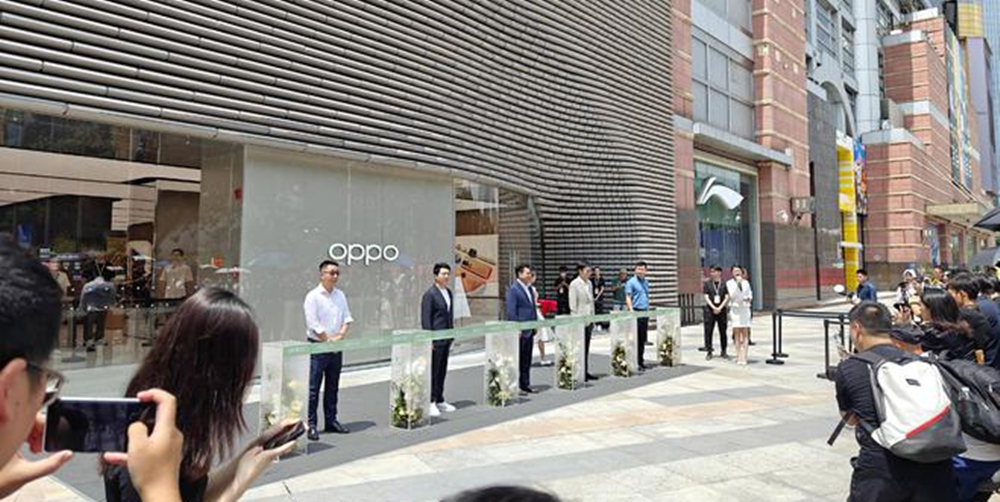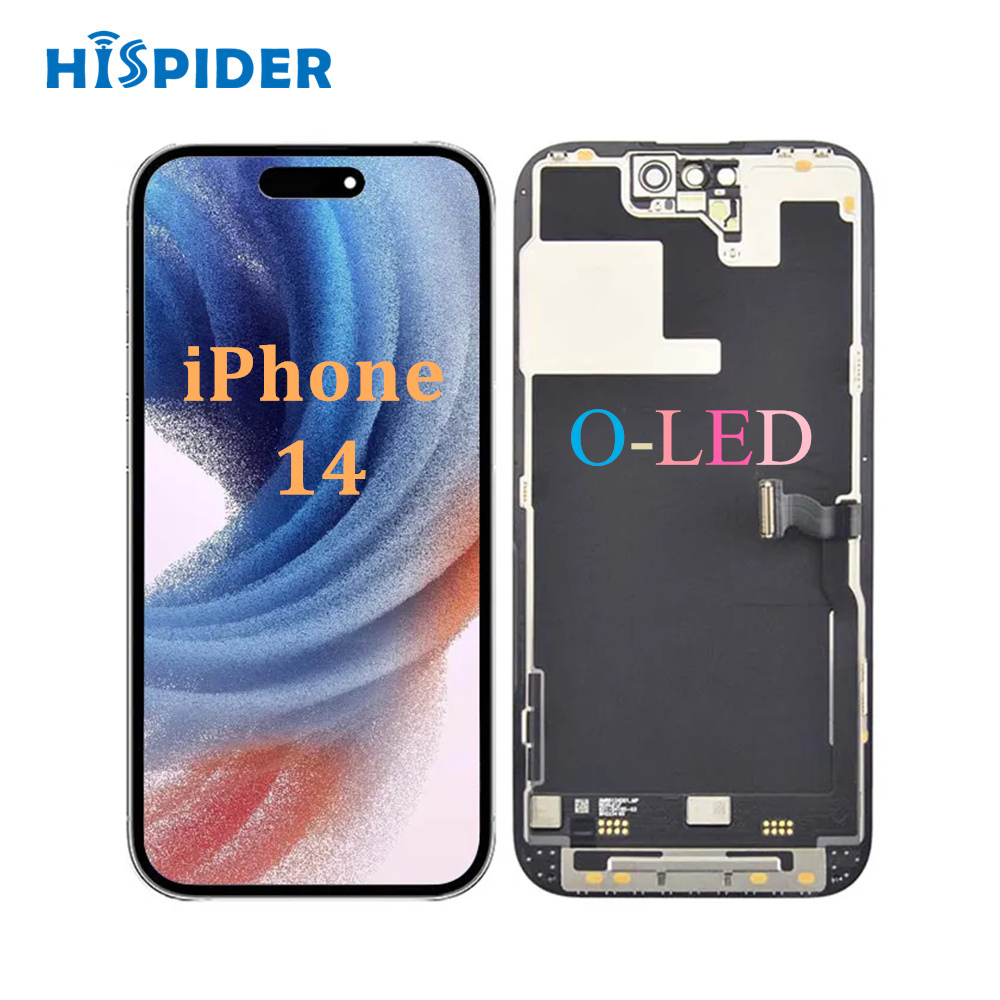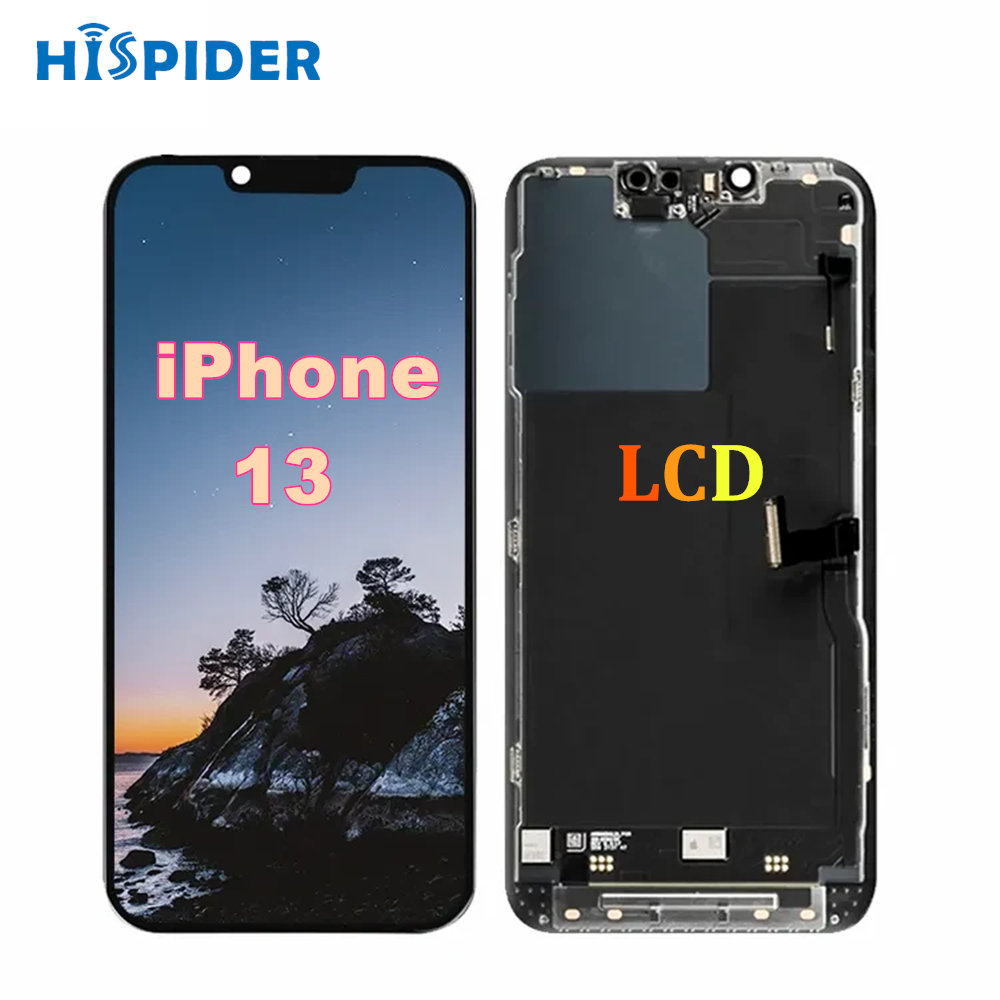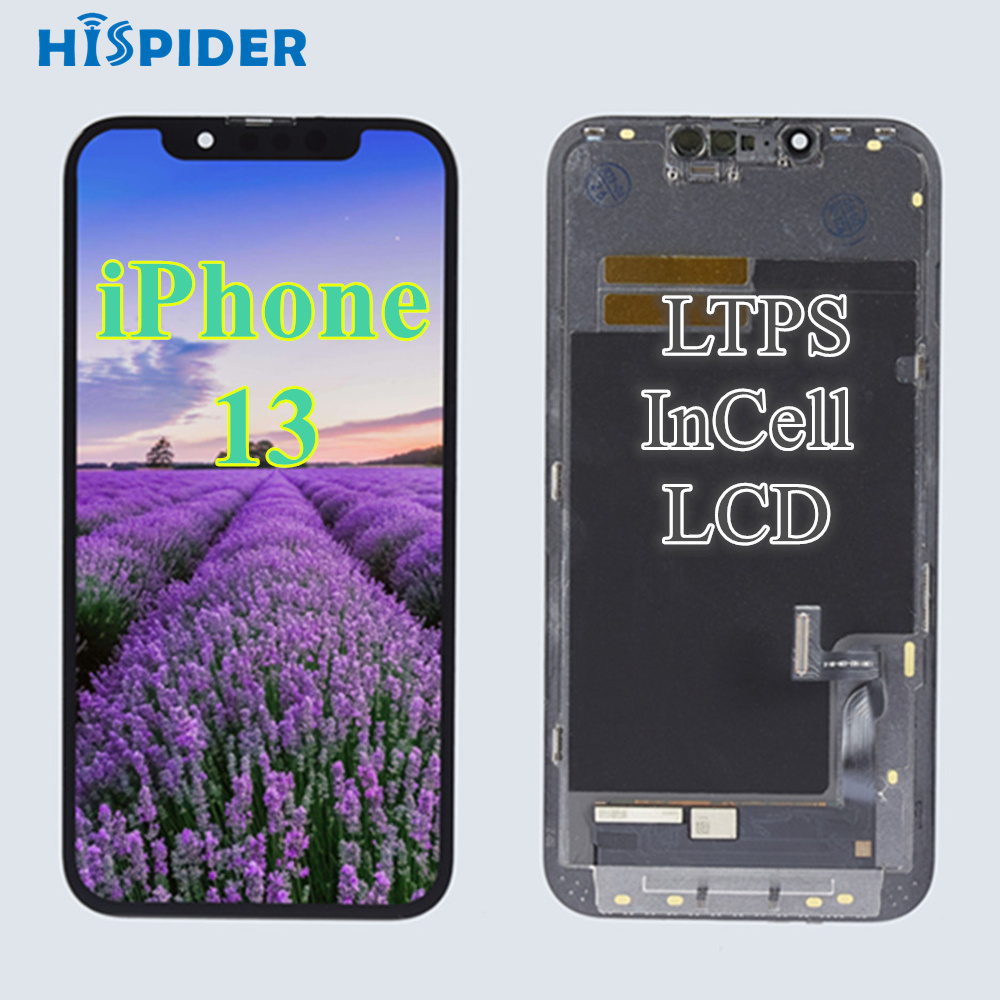Hispider has learned that OPPO has renewed a patent dispute with Nokia
Nokia has been suing OPPO in more than a dozen countries around the world since 2021, trying to force OPPO to accept unreasonably high patent license fees with massive litigation, and OPPO was then forced to file countersuits against Nokia in China and Europe." OPPO said to Hispider on July 4.
OPPO is once again speaking out on the patent dispute, which is related to a piece of news that Nokia revealed to the domestic media recently: on June 27, local time, a court in Mannheim, Germany held a hearing on one of OPPO's patents (EP3672346B1) and announced its verdict immediately after the hearing, dismissing OPPO's lawsuit against Nokia on the grounds that Nokia's products did not infringe the patent, and that OPPO is required to pay the legal costs of the case.
In addition, Nokia stated that since 2021, OPPO has asserted eight of its own patent infringements against Nokia, of which seven cases have been determined to be opinions/results of non-validity or non-infringement of the patent, and one case is still pending. In the meantime, Nokia has obtained injunctions and preliminary injunctions in Germany, the Netherlands and Brazil, respectively, and a favorable decision in the U.K. "OPPO's lack of success also demonstrates its over-declaration and the weakness of its patent portfolio.
For its part, OPPO is clearly not shy. The company said in a statement to the Observer that OPPO has 11 patent cases against Nokia in Europe, of which the June 27 decision of the German court in Mannheim on patent EP3672346B1 is only one. The validity of these patents has not yet been finally concluded.
Nokia's round of patent disputes with OPPO began when the patent license agreement between Nokia and OPPO expired in June 2021 and the parties failed to agree on negotiations for a new 5G patent license agreement. Subsequently, Nokia filed lawsuits against OPPO in more than 10 countries around the world, accumulating more than 100 cases. As a counter-attack, OPPO also started to file counter-suits against Nokia in China and Europe.

OPPO has also responded in detail to Nokia's claim that "OPPO lacks the facts to win the case": so far, of the 14 patents that Nokia has sued OPPO in Germany, 8 have been suspended by the court due to validity, 1 has been ruled invalid, and 2 have been ruled non-infringing. In addition, a number of Nokia's patents have been found invalid in European and Chinese patent offices. Nokia's five patent cases against OPPO in Indonesia have also all been dismissed by local courts, and Nokia was awarded full litigation costs, and Nokia's appeals were also rejected by the Indonesian Supreme Court.
In China, in September last year, the Intellectual Property Court of the Supreme People's Court made a final jurisdictional ruling on the OPPO v. Nokia global license fee dispute, rejecting Nokia's appeal request and upholding the first instance ruling made by the Chongqing First Intermediate People's Court. This is the first time that China's highest judicial authority has clarified the jurisdiction of Chinese courts over SEP (standard essential patent) global license fee disputes after the OPPO Sharp case, and it is also the first time that China's highest judicial authority has stated its position on 5G global license disputes.
In this statement, the OPPO side also once again mentioned the focus of the dispute between the two sides: the issue of royalty standards. The company told the Observer that it respects third-party intellectual property rights and advocates reasonable fees, and likewise respects Nokia's intellectual property rights and had signed a global patent cross-licensing agreement with it in 2018, but the excessive patent license fees currently advocated by Nokia are obviously not in line with its patent strength, "We call on Nokia to return to the path of rational fees OPPO is willing to work together with Nokia to resolve the patent fee dispute through friendly negotiation".
According to OPPO, the company has laid out patents in more than 40 countries and regions around the world. According to statistics, in 2022, OPPO ranked 4th in the world in terms of Chinese invention patents granted, 2nd in terms of European patent applications and 17th in the world in terms of Chinese patent rights holders, and 4th in terms of US patents granted to Chinese rights holders.
In recent years, OPPO has also accumulated a lot of experience in patent litigation. in early 2020, Sharp launched a series of lawsuits against OPPO in Japan, China Taiwan, Munich, Germany and Mannheim, Germany on the grounds of WLAN patent infringement related to smartphone communication technology. In response, OPPO filed counter-suits against Sharp, including a lawsuit in the Shenzhen Intermediate People's Court for breach of Sharp's "fair, reasonable and non-discriminatory" (FRAND) obligations in standard essential patent (SEP) licensing negotiations, and a lawsuit in the Tokyo court in Japan for infringement of Sharp's patents related to flash charging technology.
The outcome of the mutual lawsuit shows that Sharp does not have an advantage. By the end of July 2021, Sharp had lost several lawsuits against OPPO in Germany. Finally, in October 2021, the two sides announced that they had reached a patent cross-licensing agreement and cooperation, and the global litigation lasting nearly 2 years came to an end.

As for Nokia's round of patent litigation, the Observer previously reported in detail that Nokia's patent dispute with OPPO is only part of the former's patent dispute with Chinese cell phone manufacturers. Since last year, OPPO, OnePlus, Vivo and realme, have been involved in patent disputes with Nokia one after another. Due to the loss of the lawsuit, the sales of these Chinese manufacturers' products have now been suspended in Germany.
The standard of charging patent fees has been at the core of Chinese cell phone brands' claims.
Vivo has told the Observer: In recent years, we have reached cross-licensing with a number of head companies under the consensus of mutual respect for the value of patents. At the same time, we continue to negotiate with Nokia on cross-licensing renewals, but we believe Nokia has not fulfilled its obligation to provide reasonable licenses on a 'FRAND' (fair, reasonable and non-discriminatory) basis, and the two sides have not been able to reach agreement for the time being.
Nokia, for its part, said it had entered into renewal negotiations with Vivo before the license agreement expired. "Unfortunately Vivo refused to accept our fair and reasonable offer. We also offered to conduct independent and neutral arbitration, which was also again rejected by Vivo."
As we all know, the communication industry is very standardized, but there is no uniform standard in the industry on how to charge for patents. What is commonly referred to in the industry is the FRAND principle, or the Fair, Reasonable and Non-discriminatory principle, which is a statement made by a patent owner to a standardization organization that it is willing to license the patent to potential implementers in accordance with the FRAND principle once the patent is incorporated into the standard. However, it may ultimately be up to the courts to decide whether the principle has been violated.
It is worth mentioning that on July 3, Vice Minister of MIIT Zhang Yunming met with Nokia Group President and CEO Long Peikai and his delegation in Beijing to exchange views on 5G network construction, digital transformation of industry, 6G technology and standards cooperation and other topics. Long Peikai thanked MIIT for its continuous care and support to Nokia, and was willing to deeply participate in the digital transformation of China's industry, continue to improve product competitiveness in the 5G field, and strengthen the coordination and cooperation of 6G standards.






